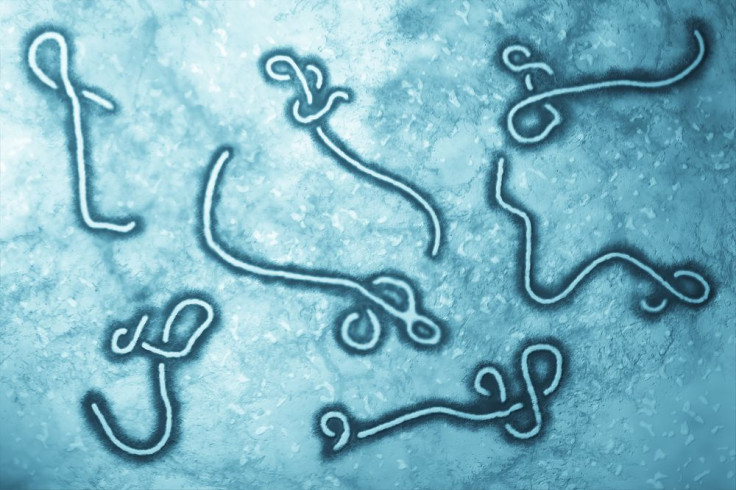Ebola Outbreak Update: New Cases Quickly Disappearing, To Detriment Of Vaccine Development

Thirteen months and nearly 10,000 deaths later, the Ebola outbreak is finally showing signs of letting up. Although excellent news in all other respects, there is just one downfall: No virus means no way of testing potential vaccines.
The first Ebola outbreak occurred in 1976, in what is now the Democratic Republic of the Congo, although it’s believed to have existed for much longer. Since then, over a dozen other outbreaks have ravaged Africa. With each new outbreak, although we’ve learned more about the fundamental makeup of the virus, we’ve yet to develop an effective treatment or vaccine. The next Ebola outbreak is more a matter of when than if. Unfortunately, as reported by the Los Angeles Times, the scientists working on these drugs are quickly losing the resources they need to develop a vaccine to prevent future casualties.
It takes around 200 to 300 patients to conduct a proper Phase II trial to test a drug’s safety and effectiveness. Phase III trials, which further test how well a drug works, require even more and traditionally consist of 2,000 to 3,000 patients, LA Times reported. With the number of Ebola cases decreasing, however, doctors are unable to properly test the vaccine prototypes.
“We just don’t have sufficient cases,” Dr. Bruce Aylward, the World Health Organization’s point person for medical emergencies, told LA Times.
Big pharmaceutical companies are already withdrawing their bids for developing an Ebola vaccine, with The Wall Street Journal reporting that Chimerix Inc. canceled its development program earlier this year due to dropping numbers of Ebola patients. Chimerix claimed that previous to the program being canceled it “only had a handful of patients enrolled,” making adequate testing difficult, if not impossible.
It’s not just the diminishing number of Ebola patients that stands in the way of developing a vaccine, however. A widespread suspicion of Western medical practices in many of the most afflicted African nations coupled with a lack of support from African health ministers makes it difficult to conduct "blind-trials," where half of patients are given a placebo and the other half a drug.
“They vehemently said, ‘We’re not going to do placebo controls. Find another way to study your drugs in our populations,’” Dr. Richard Whitley, a professor of medicine at the University of Alabama, said speaking of West African health minsters, when he attended a recent Ebola symposium at Harvard University, LA Times reported.
Although the falling number of Ebola patients has proven to be a major setback in developments for an Ebola vaccine, not all hope is lost. Many drugs have been successfully tested already, with results still under analysis. For example, the Japanese-born favipiravir was given to all new patients treated at a Doctors Without Borders treatment center in Guinea. The survival rates of these patients were then compared with the rates of patients admitted to the same center before the drug had become available.
Also, despite the falling number of new cases, a trial for the experimental ZMapp vaccine was launched in Liberia at the end of February. During this trial, all patients will receive the same supportive care but only half will be given ZMapp.
Despite the setback, the researchers' work during this outbreak was not in vain, for it will help doctors to know which areas to improve on during another potential outbreak.



























